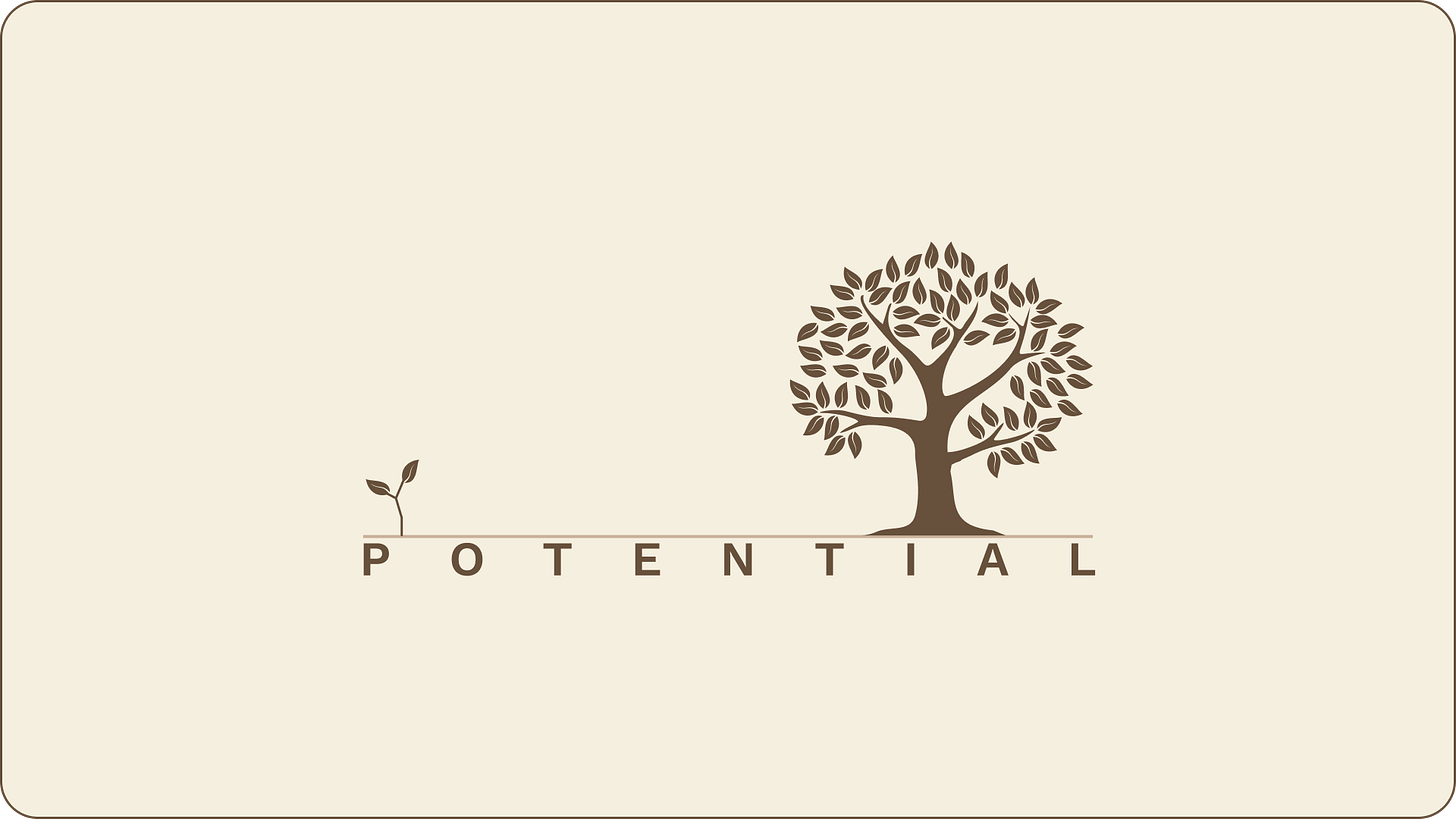“Our potential lies between what is and what could be.” — Kim Butler
You don’t get anywhere in life by standing still.
Progress requires action. Action advances. Even in times of failure, you derive something from the preceding act. You learn. You adapt. The effect of each act is difficult to see in isolation but compounds with every other act.
Being in motion has numerous benefits. Let’s examine a few of my favorites.
All great journeys begin with your first act. As Tony Robbins opines, “the only impossible journey is the one you never begin.” Don’t wait for the perfect opportunity. Begin now with what you have. You will gather what you need along the way.
Action is the precursor to growth. A sedentary life is one of stagnation. No learning. No growth. Dreams remain puffy clouds in the summer sky. Action solidifies those dreamy clouds into reality, bit by bit.
Action strengthens the mind and body. A mind and body in motion lays claim to latent powers. Those powers reach their full potential through the action of deliberate practice.
Action shapes identity. All of the planning and talk in the world amounts to zero without action. With each act, you lay claim to who you are and what you will become. Your actions define you.
Action breeds confidence. With each act, you get better. As you get better, the fear of failure fades. What was once “I think I can” becomes “I know I can.” Other people are sensitive to confidence. The growing stillness within you extends to them and builds trust in your abilities.
Action uncovers meaning and happiness. Without action, there is no discovery of what is meaningful in your life. Without meaning, there is only the existential vacuum, a place of emptiness that yawns ever wider with every failure to act.
Get up! Get moving! Turn those dreams into reality with every act.





I love your essays - always thoughtful and thought-provoking. Thank you for writing them. BTW I think the original source of your Kim Butler quote is the German author Christian Friedrich Hebbel “ "Der ich bin grüsst trauernd den, der ich könnte sein." (I that I am sadly greets the man that I could be) who lived from 1813 - 1863. His phrase pointed not to the potential itself (which is the Butler, modern “the world is your oyster” version) but to the melancholy that resides in not living a life that matches that potential. In Hebbel’s version the price of not living life fully is depression and deep sadness, a theme Rilke returns to frequently in his poetry, most notavbly “The Book of Hours” (“Keiner lebt sein Leben”...No-one fully lives their lives..). Now look at the rabbit hole down which you have sent me.